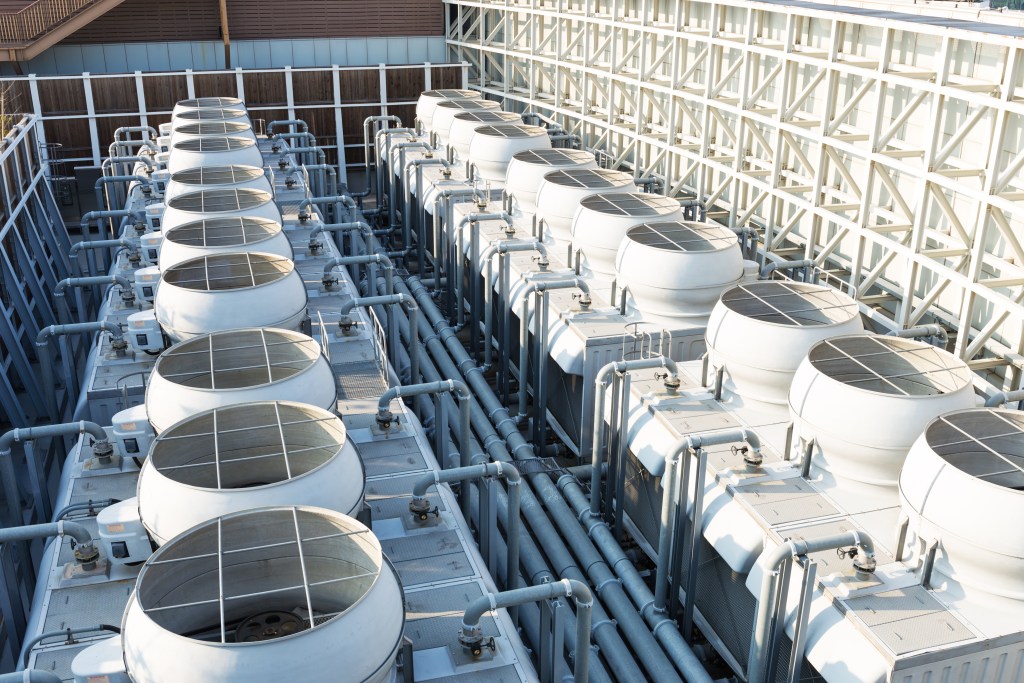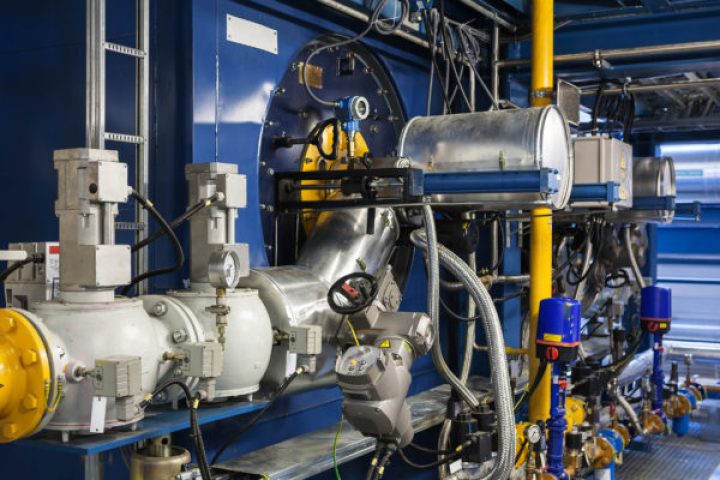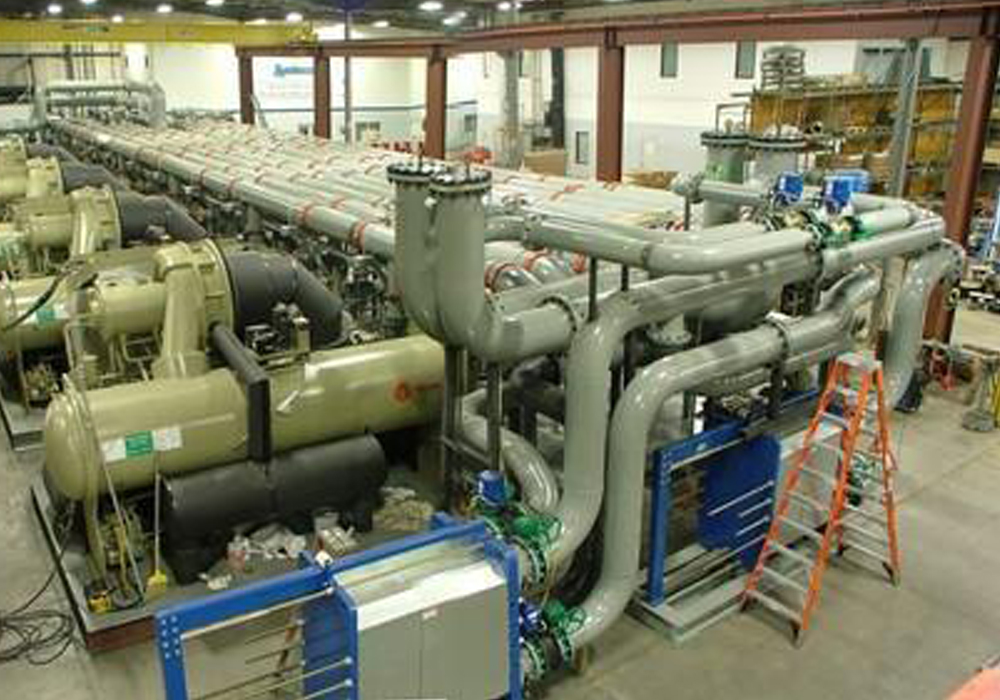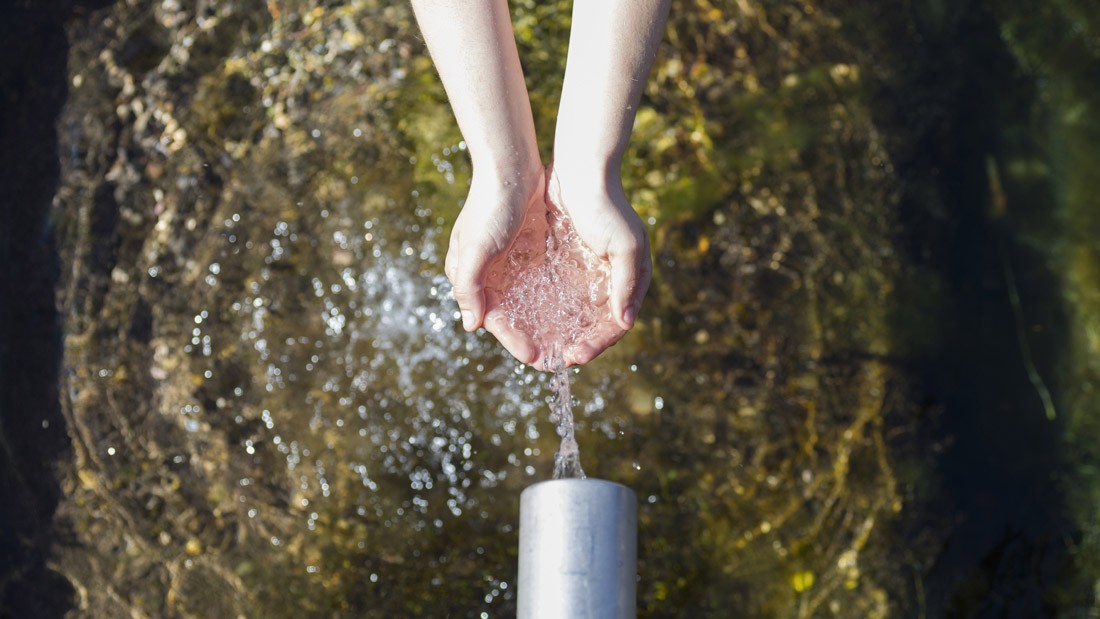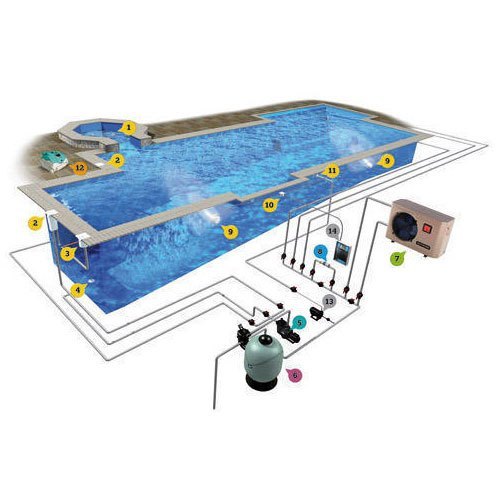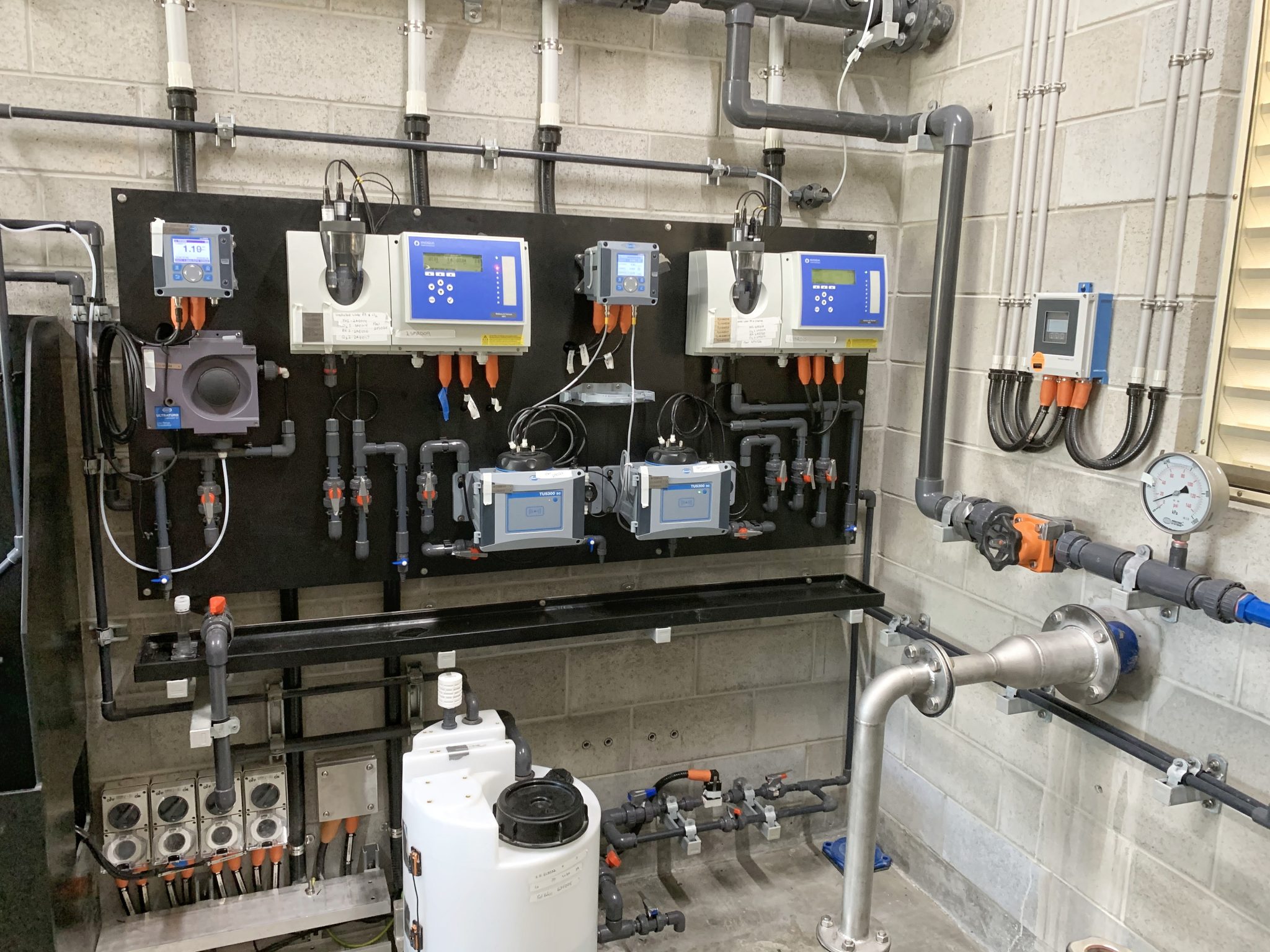INDUSTRIAL DIVISION - SERVICE
GPI Industrial Division is specialized in delivering services in Industrial Maintenance.These include maintenance of Power & Water Desalination Plants, Steel Plants, Cement Plants, Sugar Plants, Process Industries and Industrial Boilers.
The company has emphatically established a niche in power generation covering almost every segment including Erection, Testing and Commissioning of BTG and BOPs, Operation and Maintenance, Repairs, Overhauling, Renovation and Modernization of power plants and related civil works.
GPI is also involved in major overhauling of Turbine, generators & blowers belonging to power and steel companies
We ensure compliance with organization regulations and help our client to achieve set objectives in a cost effective manner with minimal disruption to their business.
OUR PLANT MAINTENANCE CAPABILITIES INCLUDE:
• Operation and Maintenance Services
• Turbine and Generator Erection and Overhauling Services
• Power Plant Commissioning Services
• Annual Maintenance Contracts and Services for Electrical System, Motorized actuators, Valves etc
• Instrumentation and Controls Projects
• Design, Supply & Installations of Module Cleaning System
• Scaffolding, Industrial Painting and Insulation
• Turnaround Works/Provision of Technical Manpower Services
• Stock Optimization and Inventory Control
INDUSTRIAL DIVISION – SUPPLIES (CHEMICALS)
- Cooling Water Treatment
- Boiler Water Treatment
- Chiller Water Treatment
- Potable Water
- Swimming Pool Water Treatment
- Dosing Systems and Controllers
